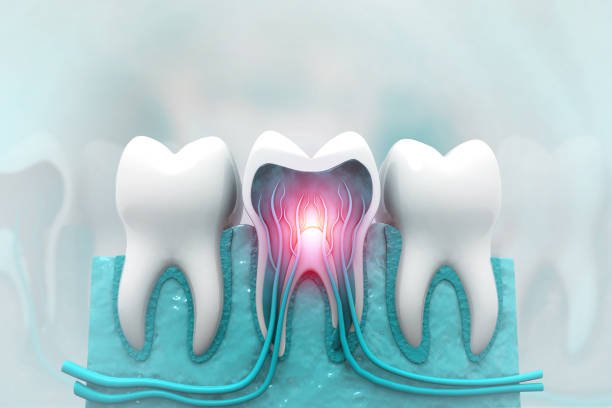Losing teeth can be painful. It can happen during accidents, great falls, or advanced tooth decay for various reasons. To solve the results of the above issue, a new advancement has been made in all on 4 implants. This procedure is used when multiple teeth are lost. It is done to help the patient's mouth function normally. With the loss of teeth, even basic tasks like eating, chewing, and talking to someone are impacted.
To avoid all the above, the all-on-four method is a secured implant method. It is directly embedded in the jaw. To learn about this procedure, continue reading the blog.
Initial Consultation And Examination:
Initial Consultation & dental examination are crucial to know about teeth health. The dentist first checks the overall mouth to ensure the implants can be done safely. To have detailed knowledge about the teeth, they ask the patient to go through several tests like X-rays, thorough digital 3D scans, and review the medical history.
The initial examination aims to gain in-depth knowledge about the patient. To avoid any complications, the dentist may also speak to the patient. They are trying to identify the cause and underlying issues of dental health. They guide the patient through the procedure to ease their curiosity or discomfort.
Is All on 4 implant procedure different from Traditional Dental Procedure?
Traditional dental procedures were restrictive. Though they helped tremendously with oral health issues, the patient was restricted from eating certain food items. Sometimes, the denture adhesive would loosen and falls off in the middle of a conversation, causing embarrassment for the person. However, the worst outcome of it all was the gradual loss of bone density.
Modern dental implants help with the above problems. When a tooth is in the jaw, the typical actions of the mouth, including chewing, put pressure on the bone. This pressure promotes development and strengthens the region by making the jaw bone denser. This pressure is lessened, and the bones progressively lose density and strength over time when the teeth are lost, whether accidentally or as a result of other oral health problems.
Pre-Implant Procedure:
The all on 4 implants place the tooth with the help of screws. Placing 2 screws at the back of the teeth and 2 in front to distribute the bite. The pre-implant procedure involves taking measurements of the teeth. This gives patients comfort and ease to do tasks once the treatment is completed.
Additionally, bite impressions of the top and bottom jaws will be taken. The components utilized in the All-on-four method will be fitted and sized using molds made from these impressions. These molds are used to make wax-testing dentures, which will be used to ensure the location and fit before temporary implant-supported dentures are made. The patient will proceed with the procedure when all the parts are ready.
Placement of dental implants:
The natural distance between the top and bottom jaw is noted to ensure the face structure remains the same even after implantation. The procedure begins with sedating the patient to avoid the pain of extraction and fixture. After half an hour of sedation, extraction of precious teeth remnants occurs. The excess of damaged gum tissues is also removed.
To expose the jawbone for ridge reduction, an incision will be made along the length of the ridge on both the top and bottom jaws. The predefined amounts of bone from the top and bottom arches will be removed to lessen the ridge, and the remaining bone will be flattened and ready for the placement of the dental implants. The dental implants are then placed after careful markings are done on the bone surface. Pilot holes are drilled for deep-rooting the dental implants and securing their position. Once the implants are placed, the gum tissue filament will seal the remaining teeth, steadying the implant.
Recovery Time:
After the all-on-four dental implant, the patient must follow the dentist’s advice. They are mainly requested to eat soft foods for a few months to allow the implant to settle down and to avoid unnecessary pressure. It takes around 3-4 months for the implants to fit in, and after that, one can surely eat food items they wish to eat.
After a few months, the healing process is completed, and therefore the addition of a new prosthesis is customized and attached. After this final step, the patient is ready to go on with their life stress-free and eat the food they love. The doctor recommends some painkillers the patient must take to heal faster.
Takeaway:
All in four, dental implants have a lot of benefits. It also helps straighten the mamelon of your teeth and makes them look better. It is helpful for people who have lost or are currently losing teeth. It also benefits patients who aren’t eligible for implants because of insufficient jaw bone. Contact Valley Creek Dental Care to get all on 4 dental treatments done effectively and at pocket-friendly rates and smile brightly.






